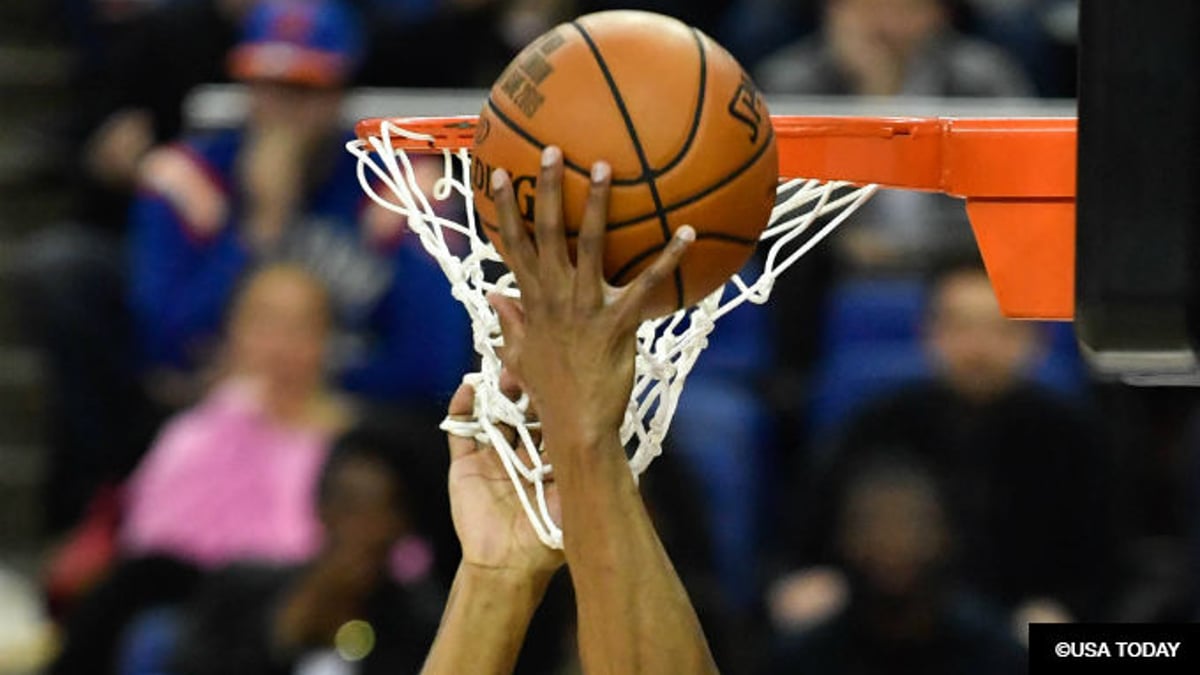NBA Most Improved Player Betting: What You Should Consider

There are two schools of thought when considering voting on Most Improved Player. Despite its simple title, it’s actually pretty vague, making it a little tough for NBA betting fans to zero in on without some solid strategy.
Some believe the award should go to the player that improved the most over the course of a season; that usually means a young player who blossoms in an expanded role.
Others believe young players are supposed to improve year-to-year and make big strides, and that the Most Improved Player should go to an older player who makes a significant, unexpected jump thanks to a new role on a new team.
Because the award’s description is rather vague, award winners have been all over the map in terms of age, position and experience, something you should also consider in NBA Sixth Man Award Betting.
In 2007, Monta Ellis won the award in just his second NBA season as he transformed from bench player to second leading scorer for a playoff Warriors team. One year later the award went to 28-year-old Hedo Turkoglu, who upped his scoring average to 19.5 points, 5.7 rebounds and 5.0 assists for a 52-win Magic team.
Two years before a 21-year-old Tracy McGrady won the award, his 30-year-old teammate Darrell Armstrong took home honors.
Because all different shapes, sizes, ages and positions have won the award it can be tough to hone in on trends that help in wagering. Scoring, recognition from peers and picking up victories can help in picking a winner.
NBA Most Improved Player Betting Tips
Award Winners Post Career-Highs in Points
The game’s always been about scoring, and Most Improved Player winners do plenty of it. The NBA is collectively posting offensive numbers that have never been seen before. So, it isn’t surprising that we see the majority of Most Improved Players making a massive leap in points per game.
From 2001 to 2016, the 16 winners of the award improved their scoring by 8.06 points per game. That may not seem like a lot on the surface, but go to your favorite player’s stats page and see how significant an 8-point jump in one season really is. It’s significant.
Whether it’s a young or old player you’re considering betting on, make sure they weren’t all that big a scorer the previous year; that’s because 15 of the 16 winners had never averaged 17 points the season before winning.
The one outlier was Danny Granger in 2009, when he jumped from 19.6 to 25.8 points per game. That 6.2 point-per-game leap was still significant.
Most MIPs Make an All-Stat Leap Too
No Most Improved Player has ever been named an All-Star prior to winning. All-Stars definitely improve year-to-year as they go from good to great, and great to elite, but they don’t get recognition as the Most Improved Player.
That being said, Most Improved Players more often than not become All-Stars or All-Pros at some point in their careers. From 2009 to 2018, six of the 10 winners were All-Stars that same year. And those six players were actually among the best All-Stars in that they were also named to All-NBA teams at season’s end.
That was a major shift from when zero Most Improved Players from 2003 to 2008 were named All-Stars that year.
Perhaps the requirements for the award are increasing. Young players are more so expected to improve each year, while voters are looking for significant jumps in production that lead to All-Star and All-Pro honors.
For latest sports odds and offers check out: 888 Sportsbook Bonus.
Nothing Tops Winning
Like most of the major awards outside of Rookie of the Year, winning is critical to coming home with Most Improved Player honors.
From 2006 to 2015, the 10 winners’ teams averaged 43.4 victories. That’s only just above .500 over an 82-game schedule but consider that seven of the 10 winners made the postseason. However, every Most Improved Player winner from 2012 to 2018 made the postseason, with an average of 46.7 wins.
As has been the case with All-Stars and All-Pros winning the award, the requirements are improving for how a player’s team does as well.
A leap in points, All-Star recognition and team success gives us three key indicators of a Most Improved Player winner.
Stay In The Loop With Free Bets, Insider Tips & More!
Live Betting. Sports Promos. Sent Weekly.








